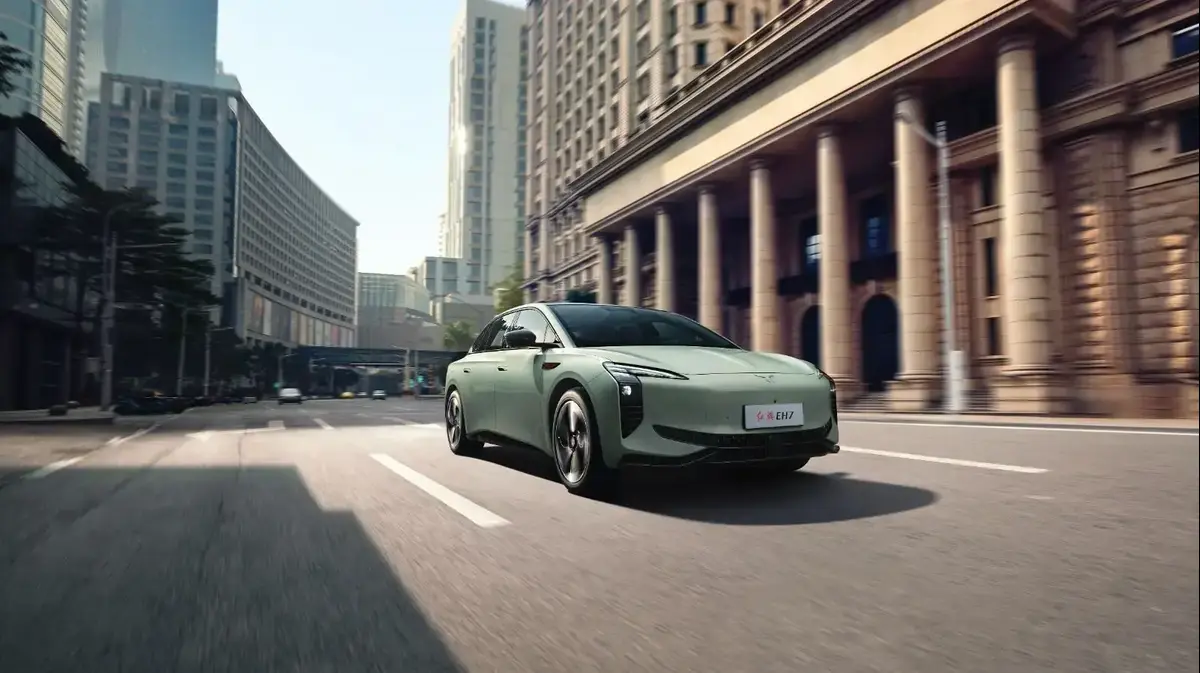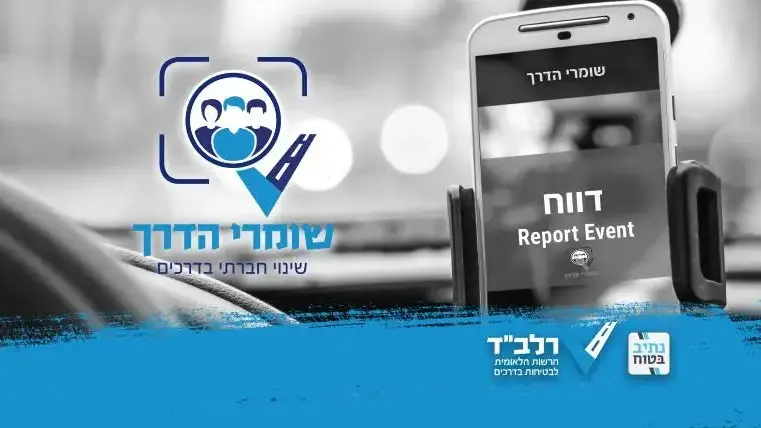Enlarge image
Popular promotion: the 9-euro ticket starts on June 1st at Essen Central Station
Photo: Gottfried Czepluch / IMAGO
Due to the high demand for the nine-euro ticket for local public transport, the Federal Environment Agency (UBA) is demanding reduced annual tickets even after the end of the relief measures in September.
"The idea of having a flat rate for public transport in Germany in the form of a Germany ticket is attractive," said UBA traffic expert Katrin Dziekan to the "Handelsblatt" on Wednesday.
The left also spoke out in favor of extending the discount campaign.
The district council, on the other hand, expressed concerns about the feared loss of income.
Dziekan referred in the "Handelsblatt" to the model implemented in Austria.
Since October 2021, the so-called climate ticket has allowed the use of all public transport there at a regular price of 1095 euros per year, based on the model of the 365-euro ticket (one euro per day) in the city of Vienna.
Such a regulation "would be associated with considerable costs, for which adequate funding must be ensured," said Dziekan.
Such a ticket could be financed by eliminating climate-damaging subsidies in the transport sector.
In 2018, these amounted to around 30 billion euros.
"It is estimated that this sum would cover half of the operating costs of buses and trains in Germany," said Dziekan.
The UBA ranks the reduced diesel tax rate, the energy tax exemption for kerosene, the commuter allowance, the lack of VAT on international flights and the fiscal company car privilege among the most expensive environmentally harmful subsidies.
Ten percent more passengers
The left-wing traffic politician Bernd Riexinger also called for an extension of the nine-euro ticket in an interview with the editorial network Germany.
"The Pentecost weekend showed that there is a huge need for cheap ticket prices," said Riexinger.
In the big cities, the number of passengers has increased by around ten percent compared to the days before, said the Association of German Transport Companies (VDV).
"But the available offer was sufficient to ensure smooth operation." On the Pentecost weekend, many trains on tourist routes were overloaded.
"At times, platforms had to be closed at the major railway junctions such as in Cologne, Hamburg or Berlin because of the large crowds." However, evictions or partial evictions of vehicles remained "the absolute exception".
The significantly increased passenger volume over Pentecost makes it clear "that we urgently need the necessary investments in the expansion, modernization and capacity expansion of our offers".
Deutsche Bahn also looked back “overall on regular Pentecost traffic”, but with “regional peak loads”.
With 86,000 train journeys at DB Regio over the long weekend, "everything that can roll has rolled," said the head of the group division, Jörg Sandvoß.
He spoke of a tour de force by the employees.
The nine-euro ticket is also used as an advertising campaign to encourage people to permanently switch from cars to buses and trains.
District council demands money for expansion instead of discount
"However, it would be a joke if after three months the prices rose above average, also because of the high energy costs," said left-wing politician Riexinger.
The party is calling for the nine-euro monthly ticket to be extended until the end of the year and then for an annual ticket for €365 to be introduced.
The financing of public transport must be placed on a new basis.
“The traffic light has to deliver here.
I welcome the fact that the Association of Towns and Municipalities, environmental organizations, trade unions and social organizations are in favor of inexpensive public transport," added Riexinger.
A 365-euro annual ticket supplemented by free tickets for pupils, trainees, students and low-income households is “a good idea as a follow-up model”.
However, the German District Association warned of the high loss of income due to an extension of the nine-euro ticket.
The aim of all measures must be attractive local transport, said district council president Reinhard Sager to the editorial network Germany.
"We won't achieve that by updating the nine-euro ticket."
There was a lack of funds to expand the offer, and a continuation of the nine-euro ticket would further widen the financial gaps.
"In this respect, it endangers our actual goals and is simply unaffordable in the long run," said Sager.
He called for "stable public transport financing and a significant increase in public transport funds".
This must take into account "the major renovation and expansion needs on road and rail and the massive increase in construction, personnel and energy costs".
The federal and state governments are arguing about the financing of local transport.
The Federal Ministry of Transport prefers to use the existing capacities to a greater extent than to expand them on a large scale.
A joint working group is to deliver proposals by the autumn.
ak/AFP/dpa








